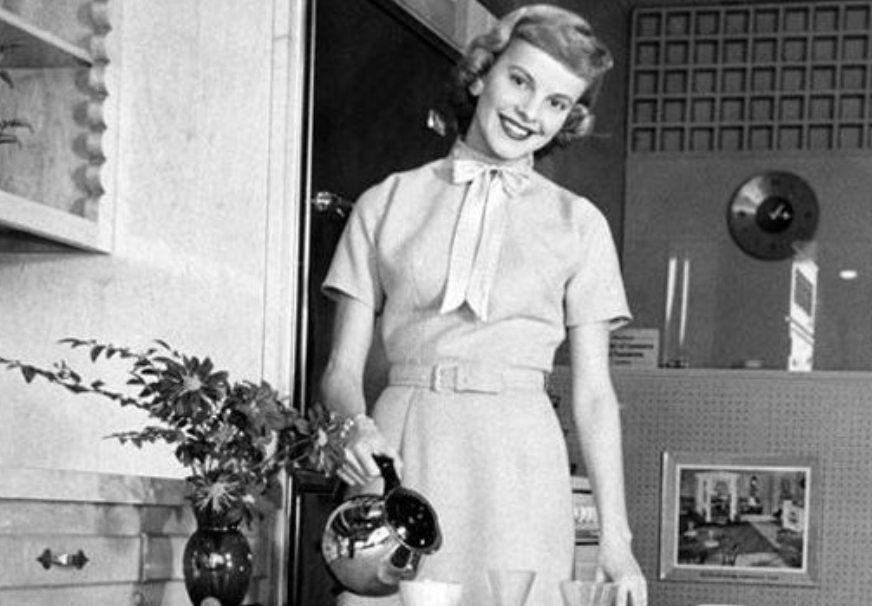
I am extremely privileged with my education. As a child, I went to the best private and public schools. As a university student, I attended some of the best elite universities. I have learned from some of the best teachers and professors, and have seen most of my peers succeed in their careers – as specialised doctors, lawyers, bankers, CEOs, parliamentarians, ministers.
As a child and student, I never compared myself to or even considered the 258 million children who don’t and can’t attend school. I didn’t know or think about the 70 percent of 10-year olds in low-and-middle income countries who cannot read a simple sentence. It was not my job to think about the 6 percent of German children, or over 13 percent of children with a migrant background who drop out of school. I was taught to reach sky-high, and to compete for the top – not to consider those who were being left behind.
Last year, I wrote a memoir triggered by the rallying cry I kept hearing during my school and university years: “you, the future leaders.” Over twenty years of my career, I kept being torn between this ambition, and how it didn’t seem to fit in with the rest of my life and core values. The more time I spent in elite leadership bubbles, the greater the discrepancy I saw to what was happening in the world outside of this bubble.
Over the past decades, inequality has risen and continues to rise. Climate change and conflict have become more frequent. I felt like it wasn’t just something happening in the world around me: I increasingly started to feel like I – and my elite bubble – was part of the problem.
Educated to think – or just thrive?
I have throughout my education been told that I am being taught critical thinking. I have been taught to unpack and question issues, and suggest creative solutions. But the more I look back at what I was taught, the more I realise that I was being taught to operate successfully within an exploitative system.
To make it to the top, I would have to elbow my way through – and to ensure others were left behind. Most importantly, I would network with my peers – from my elite schools and universities, and later on with these same peers working in elite institutions.
Once I began questioning what we were really doing in some of our workplaces, I learned that we are allowed to question and think about issues – but we are not allowed to question the entire establishment.
We have been educated to think, as long as we (we, the select) can thrive.
Educated to serve…my peers?
Over the past decade, “leadership” terminology has increasingly been replaced by “serving” and “service” terminology. Leaders earning six-or-seven-figures no longer “lead”, they “serve”. Managers no longer “work” in organisations, they “serve” missions.
Initially, I found this language appealing. Finally, leaders were shifting their goal from being at the top, to focusing on others – including those left behind and at the bottom. Until I realised that most often, nothing has changed.
CEOs, Presidents, or Executive Directors (nearly always male) were in practice still serving primarily themselves with the next leadership or board roles, or roles provided in return to their peers. And the more I tried to “serve” what I believed was an important mission (e.g. to meaningfully engage civil society or open discussions to those also outside of whatever elite institution I was working at), the more I learned that we were conducting meaningless box-ticking exercises and doing a lot of lip-service (and engaging in nice photo-ops).
The reality is that we continue to serve a few select peers, and in return expect to be served when we need some elite backing in turn.
Doing good while doing well?
Having worked for and with many foundations throughout my career, I have for twenty years followed the debate about trickle-down-wealth, and doing well first to be able to do good (later). Many of the schools and universities I attended, and scholarships I received, were funded this way – through the wealth of dynasties and billionaires, ranging from mining to tech.
I’ve done really well in my career. I’ve worked a lot (often far too much), but the honest reality is that I am where I am today – with my salary and wealth – because I’m part of this elite bubble.
I’ve done well, yet I still every day wonder whether I really have done any good – to anyone else other than myself, my peers, and the elitist industry I operate in.
Rethinking the status quo
I continue to tell my own children that health and education are two things we will never save on. They are the best investments we can make.
But looking at who thrives, and who remains exploited and left behind – in ever greater numbers, is this the legacy I want to leave behind and the example I want to set for my children?
Network, but only with the right powerful people who will be your peers?
Think critically, but only if it does not disrupt the status quo and does not threaten my and your future wealth?
Learn, but only so that you can thrive, by exploiting and leaving others behind?
Serve, as long as you continue to maximise your own gains?
You, the future leaders – exploiting most people and the planet, but at least thriving in your elite bubble?



